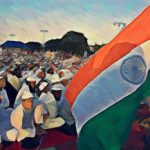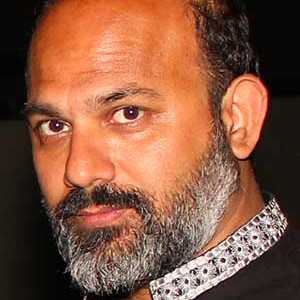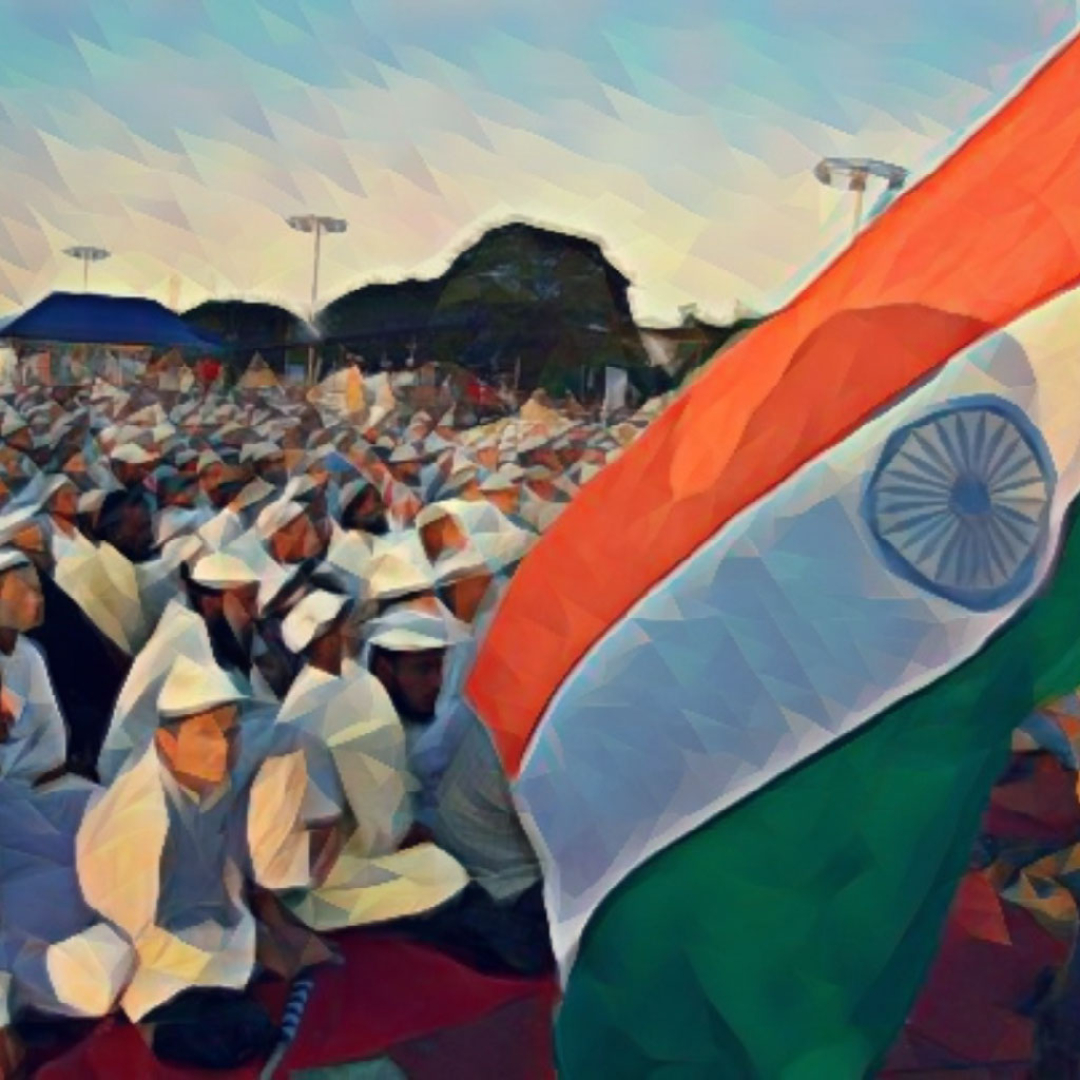
Since being elected Prime Minister in 2014, Narendra Modi and the BJP party he leads have implemented legislation and policies that call into question India’s commitment to democracy. Today, legitimate dissent in India is compromised. The BJP has used the Unlawful Activities Prevention Act to designate individuals as terrorists without providing corroborating evidence, and provisions in the penal code have been invoked to silence journalists. Three years ago, the Indian Parliament passed a law providing a pathway to citizenship for persecuted minorities from neighboring countries explicitly excluding individuals of Muslim faith. Is India’s democracy in decline? Will the BJP’s majoritarian rule erode India’s tradition of pluralism, secularism, and religious tolerance? Do authoritarian features of the current government point towards India becoming an ethnic, illiberal democracy? In this episode of “Vis A Vis,” Sciences Po Professor Christophe Jaffrelot and Manan Ahmed, Professor at Columbia University, shed light on these questions.

Dr. Christophe Jaffrelot is a Senior research fellow at CERI (Centre de Recherches Internationales) at Sciences Po (Paris), and research director at the CNRS (Centre National de la Recherche Scientifique), Professor of Indian Politics and Sociology at the King’s India Institute (London). He has been a Global Scholar at Princeton University, visiting professor at Columbia University, Yale, and SAIS (Johns Hopkins).
He also works at The Carnegie Endowment for International Peace as a Non-Resident Scholar and is on the academic council of Ashoka University in India.
Among his publications are The Hindu nationalist movement and Indian politics, 1925 to 1990s, 1999, India’s Silent Revolution. The Rise of the Lower Castes in North India, 2003, Dr. Ambedkar and Untouchability. Analysing and Fighting Caste, 2005 and The Pakistan Paradox. Instability and Resilience, 2015. In 2017, he has co-edited Pan-Islamic Connections. Transnational Networks between South Asia and the Gulf.
He graduated from Sciences Po where he obtained a PhD and the INALCO in Hindi.

Manan Ahmed, Associate Professor, is interested in the relationship between text, space and narrative. His areas of specialization include intellectual history of Islam in South and Southeast Asia; frontier-spaces and the city in medieval South Asia; colonial and post-colonial North India and Pakistan. His monograph, A Book of Conquest: The Chachnama and Muslim Origins in South Asia (Harvard University Press, 2016) is an intellectual history of a text—the early thirteenth century Persian history called Chachnama—and a place—the medieval city of Uch Sharif in southern Punjab, Pakistan. From the vantage point of that text and space, the book presents a vision of being Muslim in South Asia over this longue durée, while resisting the narratives of ‘foreign-ness’ and ‘otherness’ that assemble around the Indian Muslim subject. His current research is a comparative, global project that focuses on seventeenth century histories of conquest and their relationship to the emergence of “World History” (Weltgeschichte) in the nineteenth century. He is also finishing a book on space and memory of early modern Lahore.
Credits
Host: Dr. Emmanuel Kattan
Editor and Producer: Monica Beatrice Hunter-Hart
Producer: Abdibasid Ali





